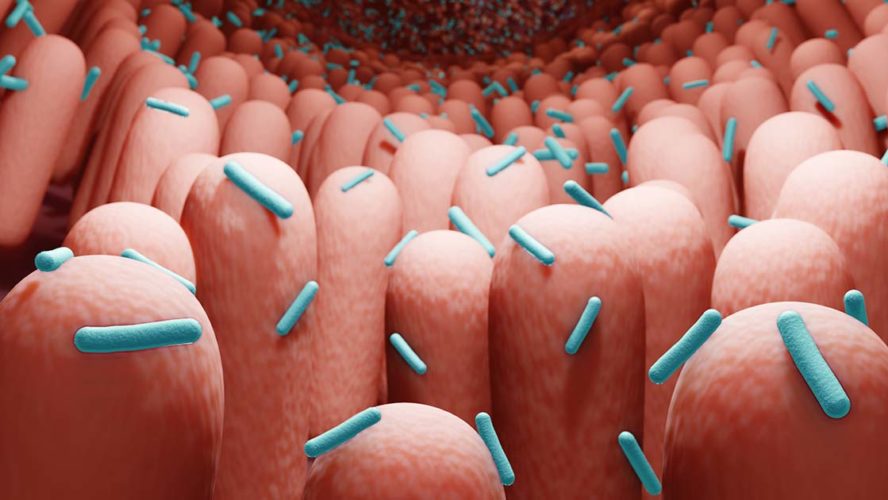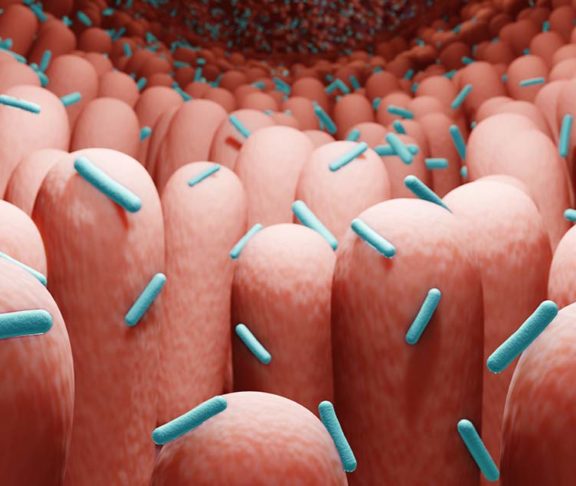
George Paraskevakos
Executive Director at International Probiotics Association
You are not alone, your body is host to trillions of tiny “micro” organisms! No need for alarm, as these microbes are tiny, yet powerful helpers for our health.
Your gut microbiome refers to the collection of bacteria, yeast and other microbes within your gastrointestinal tract. These microbes change in response to alterations in your health, diet, medications, stress, travel, and other impacts including the use of probiotics.
What is a Probiotic?
Probiotics are defined as “live micro-organisms that when administered in adequate amounts, confer a health benefit on the host.” (WHO/FAO)
Studies have shown that probiotics support gut health (including for healthy people) in many ways, including assisting with food digestion, nutrient absorption, vitamin and hormone production, and can even break down of lactose. Probiotics feed off our food waste as it travels through our intestines. They can help to produce “better poops”, including improvements in stool quality, consistency, and frequency. Those with digestive issues like constipation or diarrhea may find support from probiotics. Probiotics act in the gut to help balance the microbiome, reduce inflammation, and keep the intestinal barrier strong to resist pathogens.
As beneficial microbes, probiotics are tiny but have been shown in research to have impacts throughout the body, including your lungs, skin, brain and beyond! Did you know that over 70 percent of your immune cells are located in your gut? Probiotics team up with the immune system by supporting the immune cells and strengthening mucus production to help resist pathogens that lead to infections of the lungs, urinary tract and vagina.
Did You know? Fascinating Probiotic Facts

Probiotics come from a long history, originating in 9000-7000 BC as brewing began when hunter-gatherers became farmers. Nobel prize winner, Dr. Elie Metchnikoff proposed that Lactobacilli in Bulgarian yogurt increased longevity. (Ref. IPA Infographic, “Highlights from the history of probiotics”, 2021).

Probiotics, like people, are all different and their effects are strain specific; select probiotic strains for specific desired effects.

Fermented foods and beverages like kombucha, sauerkraut, kimchi, etc. may be tasty, however, they typically do not meet the required evidence to be classified as a probiotic, and thus shouldn’t be called “probiotics”.

Choose the right dose, quantity and strains of probiotics based on evidence to meet your needs. Learn to read probiotic labels.

Be patient — probiotics can take 2-3 weeks or longer to provide desired effects.
Probiotics have a long history of safe use and are regulated by Health Canada as foods, supplements or drugs depending on their intended use. Probiotics have been safely used in ICUs and NICUs, however, individuals who are immunocompromised should consult their health care professional for probiotic advice.
Help your probiotics to help you – match the function of the probiotic to meet your specific needs, store probiotics according to package directions, and take them for the duration listed on the label or as advised by your health care professional.
Probiotics partner with your microbiome providing direct beneficial impacts within the gut, and throughout the body — including the skin, lungs, brain and beyond. Probiotics support your health and your mighty microbiome. For more information about probiotics, check out the resources available on the International Probiotics Association (IPA) website.


